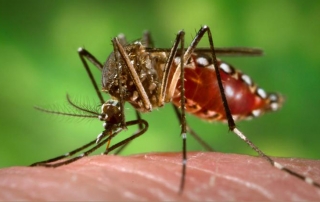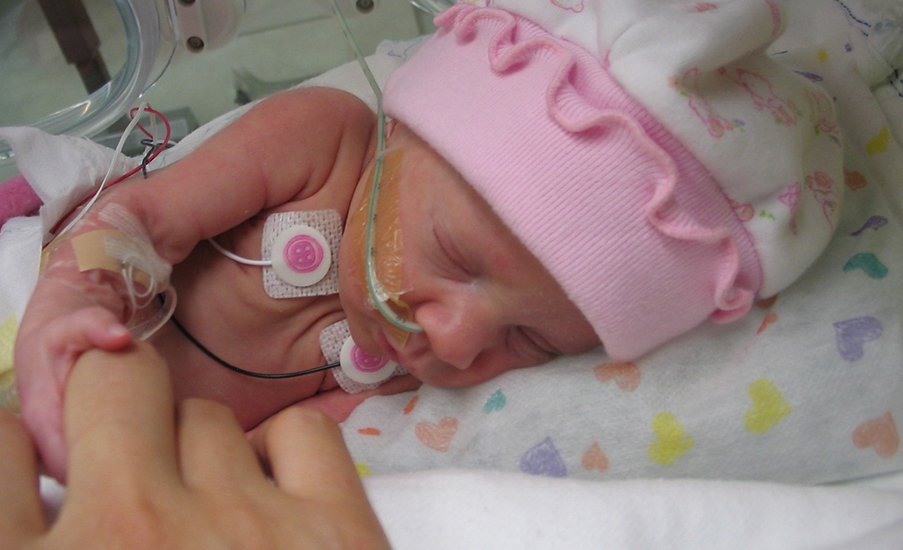Monkey Model for Hypertrophic Cardiomyopathy Identified at UC Davis Primate Center
Monkeys and humans are similarly affected by deadly heart disease A collaboration between a team of pathologists from the California National Primate Research Center (CNPRC) and a cardiologist from the UC Davis School of Veterinary Medicine has resulted in the identification of an HCM (Hypertrophic Cardiomyopathy) disease model naturally occurring [...]












